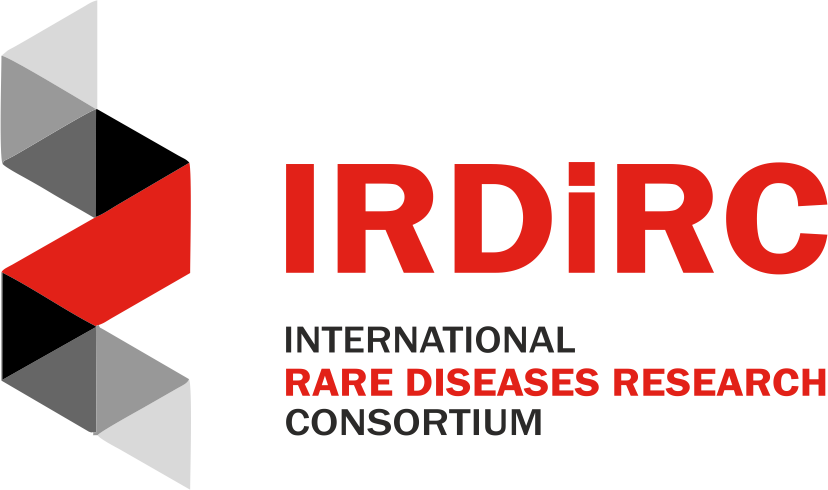On this page, IRDiRC aims to provide the answers to the most frequently asked questions.
Does IRDiRC provide research grants?
IRDiRC does not currently provide research grants. Its funding members contribute through their own rare disease research efforts and release a number of funding opportunities focused on rare disease research that adhere to IRDiRC Policies and Guidelines. In addition, some members collaborate to release joint funding calls and support joint research projects.
How can I obtain information about specific rare diseases?
There are many resources available that provide information on specific rare diseases; among them are:
- Orphanet a rare disease database that provides information on genes or conditions. On each specific rare disease page, there are links to patient organizations and expert medical centers noted for that specific disease.
- the Genetic and Rare Diseases Information Center (GARD), an information center designed to provide comprehensive information about rare and genetic diseases to patients, their families, health care providers, researchers, and the public. In addition, GARD information specialists are available to discuss questions by phone.
How can I follow the latest news and updates from IRDiRC?
Please subscribe to the IRDiRC newsletter for monthly updates from the Scientific Secretariat and follow @irdirc on Twitter for more up-to-the-minute news.
How can I find information about IRDiRC activities?
Information about IRDiRC activities, including Task Forces, meeting reports, and conferences, can be found under IRDiRC activities.
I would like to meet a member of IRDiRC. When could I do so?
Representatives of IRDiRC member organizations, as well as Scientific Committee and Task Force members, regularly attend and present at conferences and workshops.
As a researcher new to the field of rare disease research, can IRDiRC help me to identify useful resources?
IRDiRC Recognized Resources is an indictor highlighting key resources which, if used more broadly, would accelerate the pace of translating discoveries into clinical applications. Platforms, tools, standards, guidelines and databases that have obtained the IRDiRC Recognized Resources label can be found on its dedicated page.
I would like to submit an application for IRDiRC Recognized Resources. Where can I find more information about this initiative?
Information about IRDiRC Recognized Resources, eligibility criteria, application criteria, and current resources that have received the label can be found here.
I am a rare disease specialist/researcher, how can I be involved in IRDiRC?
The Consortium welcomes feedback from the scientific community at large and is interested in identifying research experts working on rare diseases research from across the world to take part in its activities (e.g., Scientific Committees, Task Forces, review of documents and reports). If you are interested, please contact us by completing this form. We will contact you when your scientific expertise aligns with the scientific needs of IRDiRC activities.
If you have any further questions, do not hesitate to contact us.

